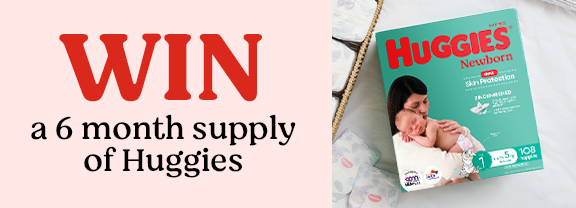The term silent reflux is really a misnomer as a baby who experiences reflux is usually not silent and will often cry from discomfort. Just take a moment and cast your mind back to your pregnancy and recall the pain you suffered with heartburn. It certainly is not a pleasant experience, even adults can have problems communicating what they're feeling when seeking help to deal with reflux.
Caring for a baby who experiences reflux (visible or silent) can be very stressful for parents and caregivers. Feelings of helplessness are common, as is struggling to soothe the crying baby. This can cause many issues for a new parent, especially when there is a lack of support. Feeding the baby can take on a whole new meaning and many parents feel a sense of helplessness. Anxiety and depression are not uncommon in parents who are caring for a baby who is difficult to soothe and settle.
Support groups can provide support specifically for families who are caring for a baby experiencing reflux. You can find these listed in Further Information and Support.
A baby who experiences reflux may also create extra washing, not only from their own clothes, bedding, and wraps, but also the parent's clothing. This extra workload can be very time consuming and even contribute to feelings of always being tied to domestic chores. Some parents feel that they can t go anywhere, or allow friends and family to help care for their baby for fear of their baby vomiting over others, their furniture and clothes.
Some parents feel their baby's reflux is worse when they are teething. Although teething is a normal developmental stage, some babies become more unsettled with changes in their feeding and sleep behaviours when their teeth are erupting. Teething, reflux and vomiting are not directly related. Although many parents ask, can teething cause reflux the answer is no.
Remember there is light at the end of the tunnel. Many babies improve in their refluxing behaviour by around 6-8 months of age. This coincides with the time that most babies are able to sit unassisted and are becoming more mobile. It is important to note that while most babies do improve, some babies continue to show refluxing behaviours beyond this age. Some babies may actually worsen when they are crawling or learning to crawl.
Handy tips when caring for your refluxing baby
- Avoid clothing that is tight around their waist.
- Avoid bouncing or rough play after feeds.
- Keep a supply of absorbent cloths close by, especially when feeding.
- Use bibs with a plastic backing.
- Make your bed with two layers of bed linen and a plastic backed mattress protector in-between. Then you need only remove one layer in the middle of the night and have a readymade bed to go.
- Position your baby upright for 20-30 minutes after feeds.
For more information visit Baby health care or Baby care
Edited and reviewed by Jane Barry, Midwife and Child Health Nurse July 2021.


Last Published* May, 2024
*Please note that the published date may not be the same as the date that the content was created and that information above may have changed since.




















